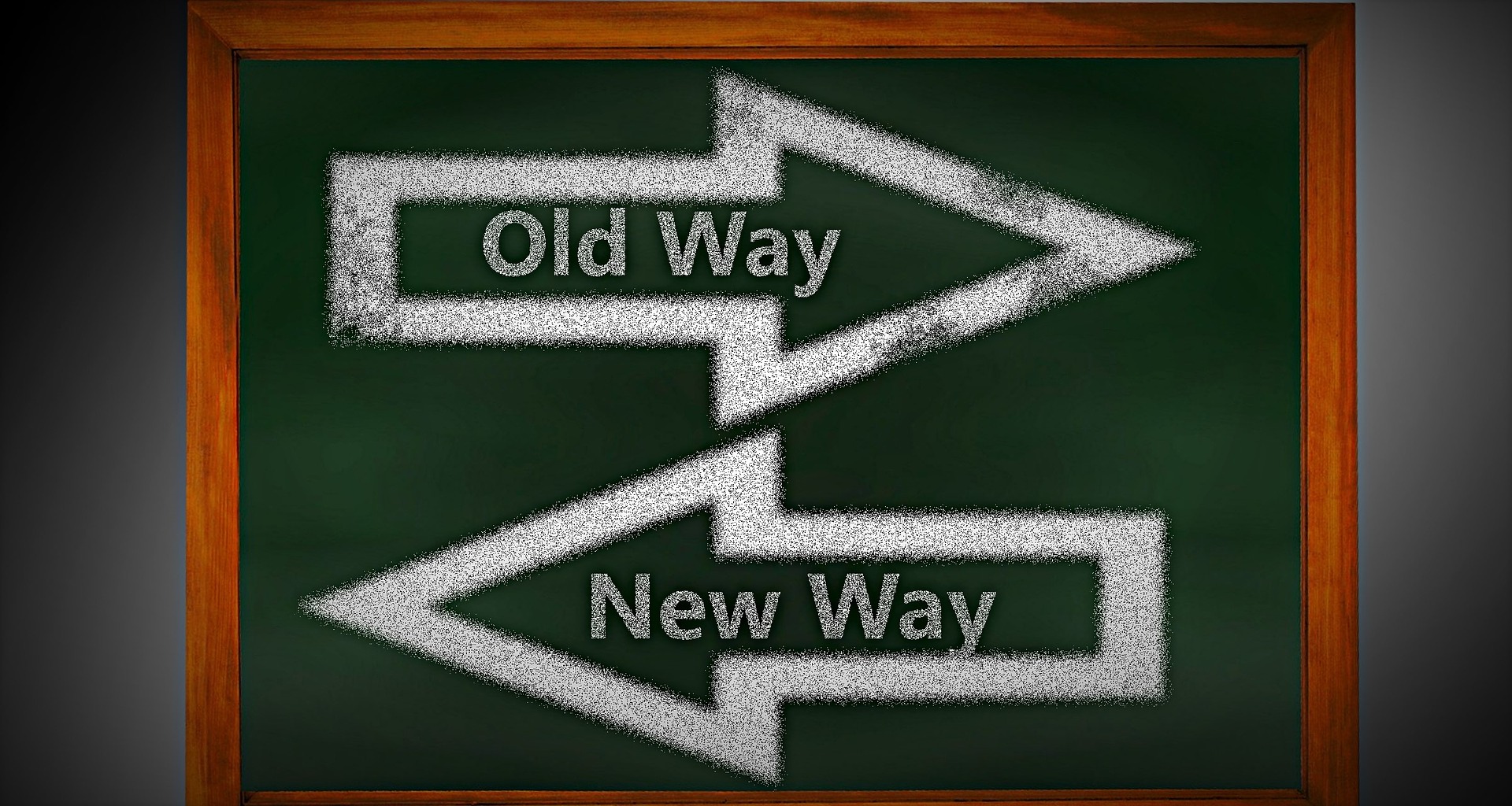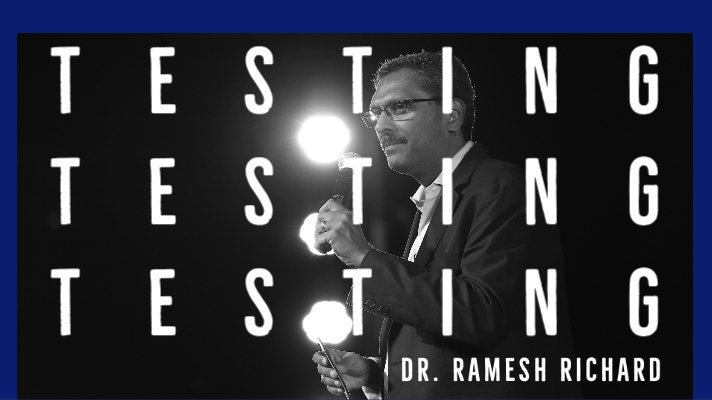
Have Bible Quoters Replaced Bible Readers?
February 13, 2020
Times of Change: Navigating Messy Transitions With Honest and Grace
February 20, 2020What Makes a Good Elder Board

00:15 Brandenburg’s background in pastoral ministry
02:17 What is an elder-led church?
10:19 What are the qualifications of an elder?
19:15 Is there an age requirement for elders?
24:00 Developing young leaders in the local church
27:04 Utilizing giftedness in the local church
34:48 Creating healthy relationships between pastors and elders
40:57 Building culture in the local church
Bill Hendricks: Hi, my name is Bill Hendricks. I’m the Executive Director for Christian Leadership at the Hendricks Center, and I wanna welcome you to The Table Podcast, where we deal with issues of God and culture. We often deal with a lot of issues that are current in our daily culture, and particularly the thorniest of those issues. Today, however, we wanna get back to what I like to call some basic blocking and tackling relative to the local church, and with us today is Dr. Gary Brandenburg, and Gary, up until September, you were the Senior Teaching Pastor at Fellowship Bible Church here in town, and then you’ve transitioned into a new role there that you’re called Pastor at Large, right?
Gary Brandenburg: Right.
Bill Hendricks: And so you’re still involved very much with the church, but this new role, what does that allow you to do?
Gary Brandenburg: Well, it goes back aways to where I was passionate about mentoring and working with young, up and coming pastors. So that was my intention when I came to Dallas 15 years ago, was to do that to the best of my ability. And then I got to a place where I realized because of being senior pastor or lead pastor my time was limited to do that. So I felt like because of my age – I’m 66 – or as my 4-year-old granddaughter would say, 66 and a half. That’s important when you’re 4 … 4 and a half.
Bill Hendricks: Right.
Gary Brandenburg: So I realized with my age and while I was still feeling good, I really wanted to devote my attention to the mentoring piece. So I stepped aside and went through a process of succession. So now I’m out of the way for a little while so my successor can kinda establish himself.
Bill Hendricks: Succeed.
Gary Brandenburg: Yeah, that’s right. That’s how you measure it, right? Success by successor. So I’m gonna be out of the way for a while, then come back on as pastor at large, which I’ll be on the teaching team, and then I’ll be able to do a lot of leadership training, leadership development; that kind of thing.
Bill Hendricks: Excellent. Well, leadership is the topic that we wanna focus in on today, and particularly oftentimes people think of the leader in the church, and the use the singular for that team – the leader is the pastor, and certainly pastors should and often do exercise leadership, but in many churches, the real leadership is not by just one person. It’s by a group of people, a number of whom are known as elders, and that of course is actually a term out of the New Testament. So we’ll talk about some of the New Testament passages, but as one who’s been in a church that’s what we call an elder-led church, what does that function mean in an elder-led church?
Gary Brandenburg: Well, I think first of all it’s the realization that leadership is plural in the New Testament. I think there’s a lot of room – polity is pretty flexible there in the early years in the New Testament, but I think one thing that we can conclude is that leadership is plural. Peter, for example, 1 Peter 5 calls himself a “fellow elder.” So I think what’s sad is that in my experience I’ve found that most churches are more familiar with a democratic style of government than they are with a Biblical form of government, and by that I mean the senior pastor’s the President, and then he usually has a Cabinet, which are his associate pastors, and then there’s the Senate, which is the elders, or in a Baptist church, the deacons, and then there’s the House of Representatives, which would be either the deacons or the trustees. So oftentimes church polity sort of resembles that rather than what I feel like the Bible presents to us.
Bill Hendricks: And in that form of church governance, quite often the congregation itself is like the Electorate. Other words, they vote somebody in or out, as the case may be.
Gary Brandenburg: Sure. That’s right. Yeah, and then you have various degrees to which they’re involved. What can they vote on?
Bill Hendricks: Right.
Gary Brandenburg: And that all has to be determined by every local church.
Bill Hendricks: Right.
Gary Brandenburg: But I feel very strongly that leadership is plural. I feel like in my role as a pastor I am one of the elders. In fact, I never stand up and say “I’m Gary Branden – I’m lead pastor.” I always stand up and say “I’m one of the elders here at Fellowship.”
Bill Hendricks: And “I happen to teach.”
Gary Brandenburg: “And my particular role is the over site of the church on a day-to-day basis. I’m set apart for that.” There is that principle of first among equals, which you see, for example, even with James in the New Testament. But I just really feel strongly that leadership needs to be plural, and that’s why I’ve always been involved in a church that operates with elders.
Bill Hendricks: And so if you’re in that first among equals, the person who’s been responsible for teaching, or one of the teachers, what do the other elders do?
Gary Brandenburg: Well, that’s a good question, ’cause I’ve been in a church with 3 elders, I’ve been in a church with 20 elders, and currently now I’m in a church that has 11 elders.
For the complete transcript click here.


